Every harvest festival in India marks the end of winter and the beginning of warmer days. Pongal is no different in this regard. As a four-day event, pongal involves continuous celebrations. It is chiefly characterized by worship of the Sun and cooking of the first rice of the harvests.
Besides these traditional rituals, Tamil families also make themselves busy decorating their spaces and catching up with friends and relatives. Since the culture of South Indians is so rich, the high energy levels we witness on these four days are not shocking. Yet, Pongal celebrations also see large-scale usage of single-use plastic and other non-decomposable components. Sustainability has now become a concern in this regard.
In such circumstances, we must create a welcoming environment for future generations. Some ideas for celebrating Pongal sustainably and mindfully include-
Go with bio-degradable for decoration
Rangolis and decorations are at the top of any Pongal to-do list. But we must bear some things in mind while proceeding with our tasks. These days, plastic decorative items and synthetic colors for rangoli powders are popular due to their inexpensiveness. What we forget is that such inexpensiveness costs nature a lot. Some sustainable decoration ideas worth noting are-
- Colorful hues using kumkum, turmeric, petals, and hibiscus are way better in this context. You can ditch synthetic chemical colors without thinking twice when such great options are available. Going organic also assures quality and safety.
- South Indians love decorating their doorways. If you are one, you can go for a natural and leafy look with banana and mango leaves for doorway adornments.
- If you wish to use plastic banners, go for cloth or paper banners instead. Hand-make them yourself to get the feel of it. There are several DIY options out there. Since decoration essentials comprised of jute, cotton, or paper are both reusable and recyclable, it makes all of them fantastic choices. Opting for sustainable products is the basis of an eco-friendly Pongal.
Let go of single-use plastic
Plastic has never been up to any good when it comes to sustainability. It takes ages to decompose and poses several risks. Plastic wastes have only one destination, the landfills. Since overloaded landfills are unsettling, consider completely cutting out single-use plastic from your Pongal celebration.
You can use traditionally used clay pots and metal utensils. If you do not want the trouble of having to wash them every time, reconnect with the South Indian cultures and use banana leaves for serving purposes.
If you have little access to banana trees and must cater to many guests, areca palm leaves work just fine. Another great idea is to replace paper napkins with cloth ones which can be washed and reused. Just remember to use biodegradable materials wherever possible.
Sustainable gifts and packaging
Gift-giving is common to all festivals. If you love to share gifts, stick to these simple ground rules. While carrying gifts, always use jute or cloth bags instead of plastic. Plastic packaging is responsible for loads of waste every Pongal.
Go sustainable while wrapping gifts. Use old newspapers, if available. Instead of buying something expensive with no sentimental value, gift local and handmade products. It can be anything from organic sweets to natural lotions and skin care products. The choice is yours. Do consider gifting plantable greeting cards or potted plants and herbs.
Sustainable kitchen practices
South Indians are known for their cuisine. Traditional dishes like Pongal rice are famous in India and even abroad. But don't forget to restrict yourself from following unsustainable cooking practices. Say no to cling film and plastic containers and opt for glass or steel vessels. Shop locally and use reusable bags while you are at it. Bamboo wraps are great as well.
Eco-friendly bonfire practices
Bonfires are lit on the first day of Pongal. It has been an age-old ritual. But when not done correctly, they can cause extreme pollution due to the burning of plastic and other synthetics. So, be careful and only burn dried leaves and cow dunk cakes since these are more sustainable fuel alternatives.
Conclusion
If we do not ditch such unsustainable practices, we will end up hurting the nature that Pongal aspires to cherish. From leafy doorway decorations to gifting seeds as presents, there are hundreds of ways to observe a green Pongal festival. Since we have learned all about sustainability, let’s celebrate a perfect Pongal this year with Brown Living!
Check out our Sustainable Decor here:

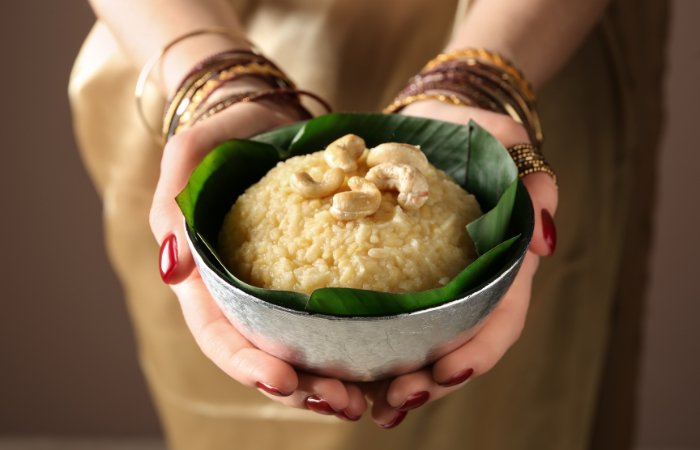











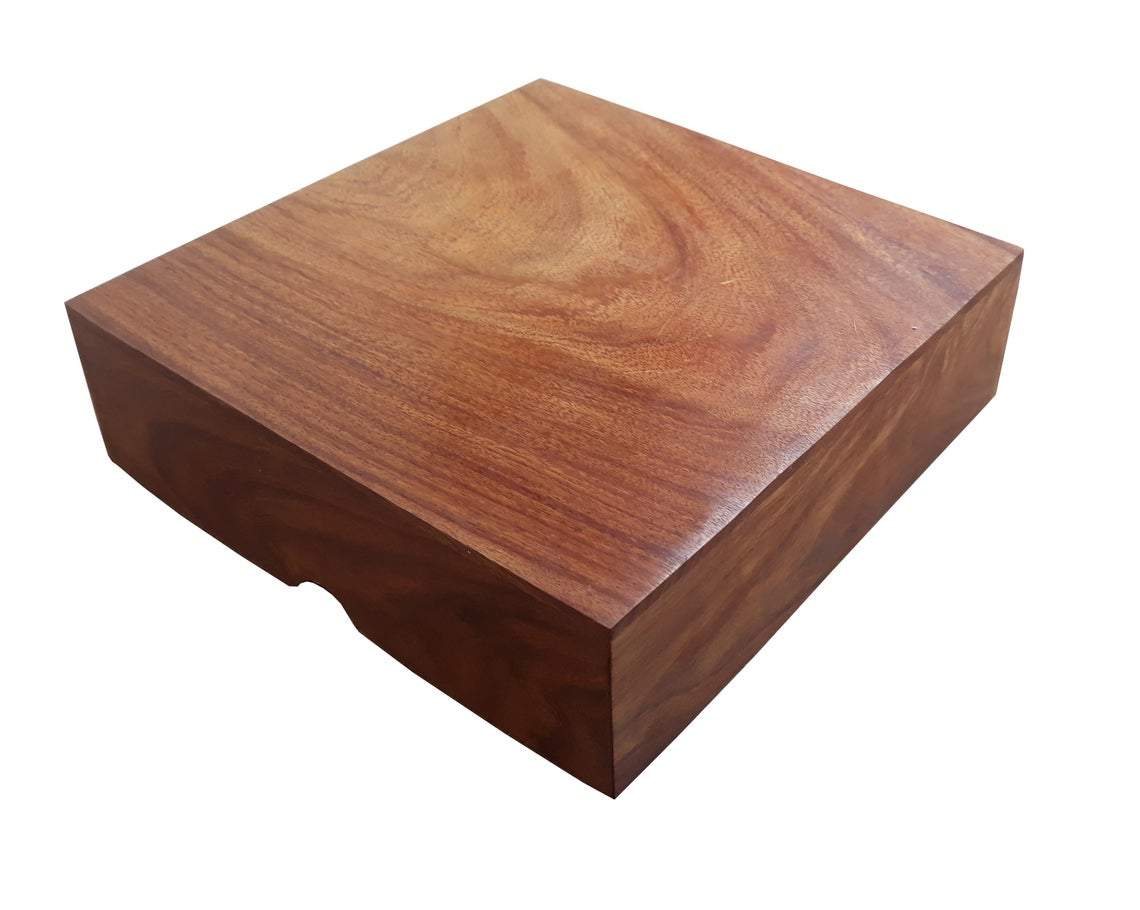
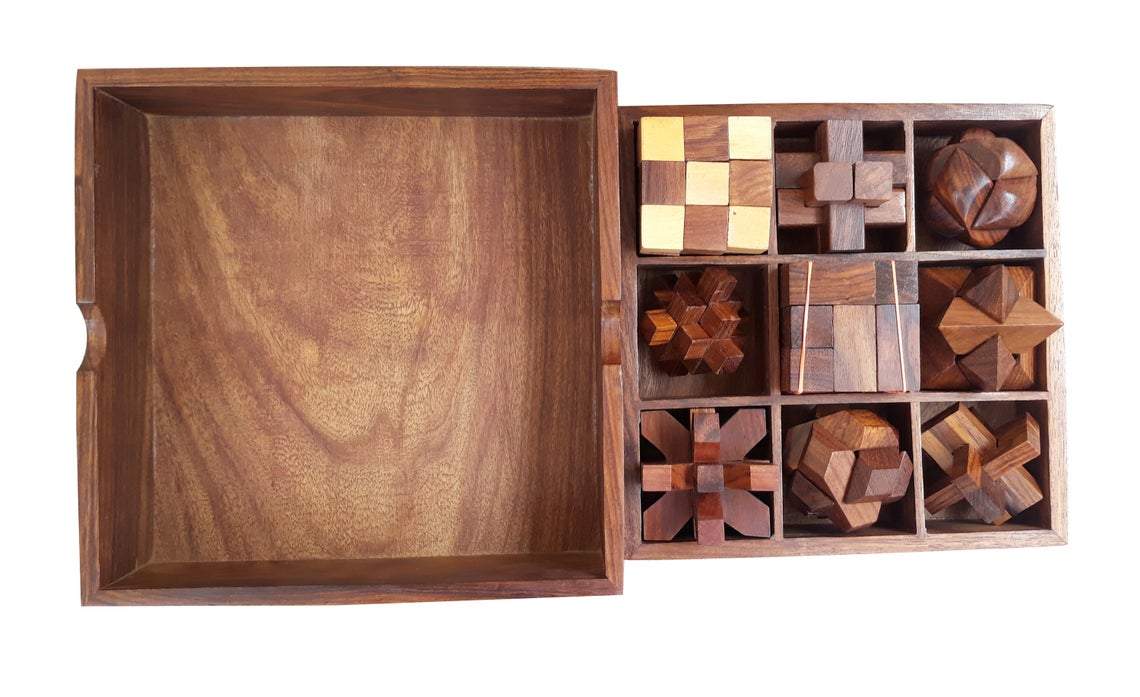
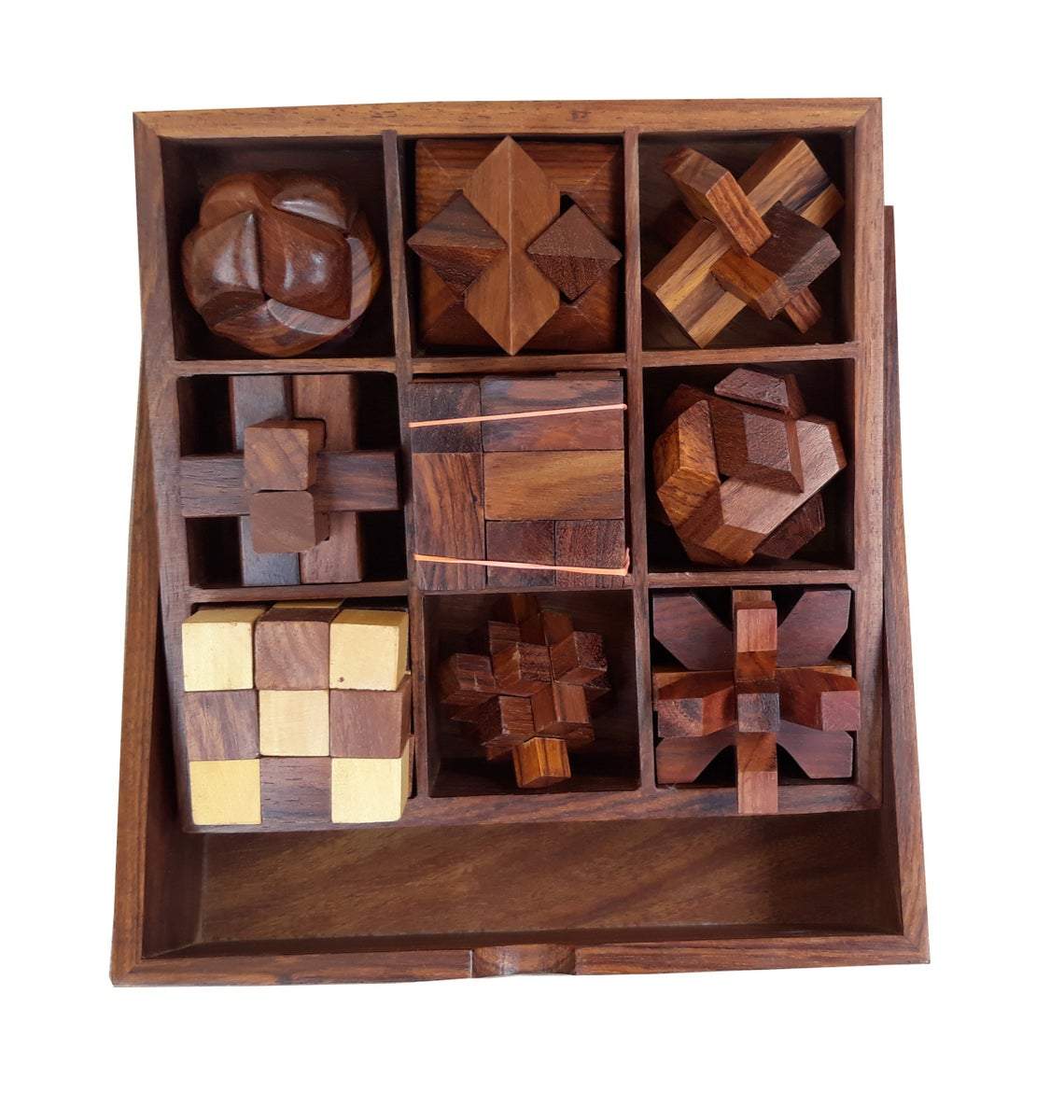



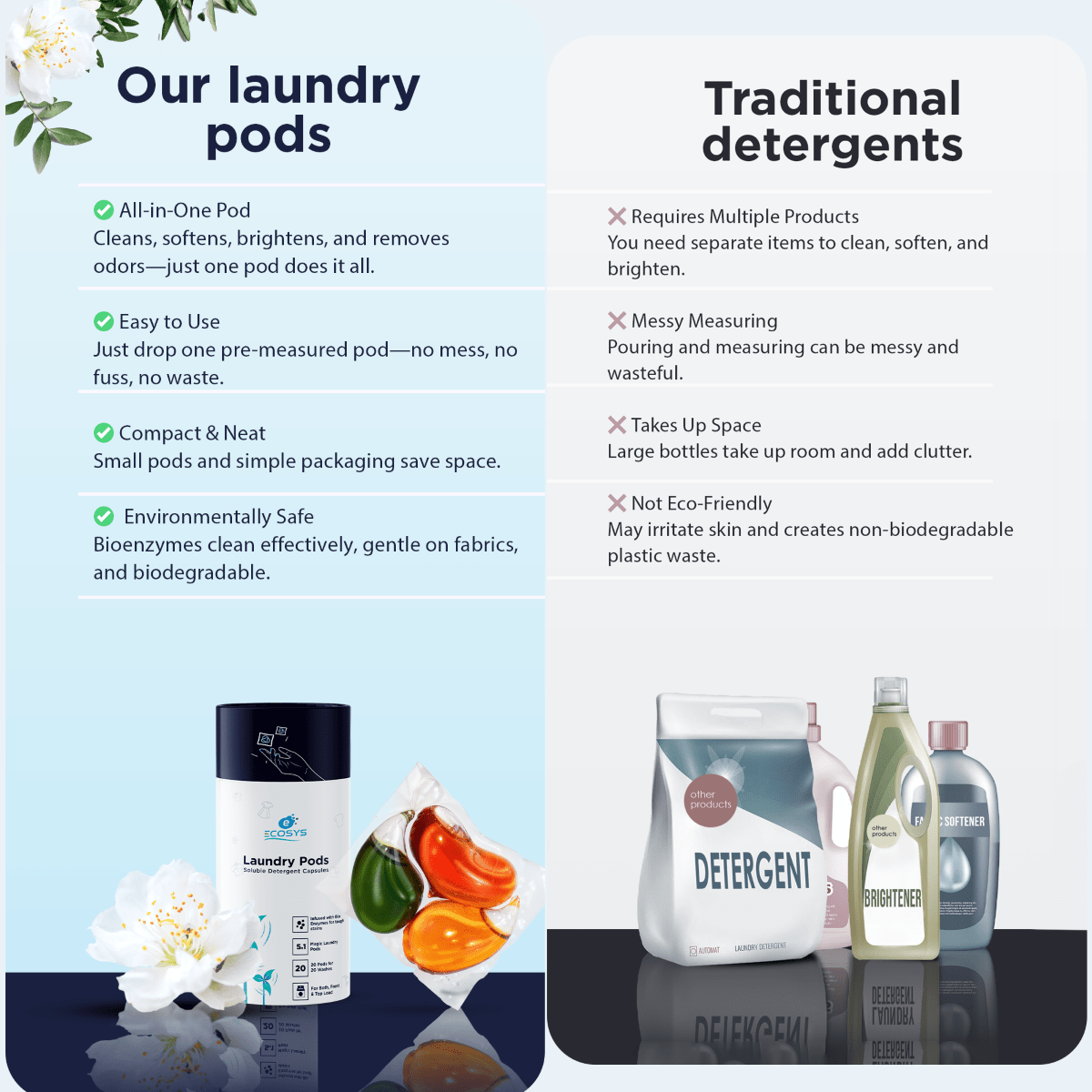




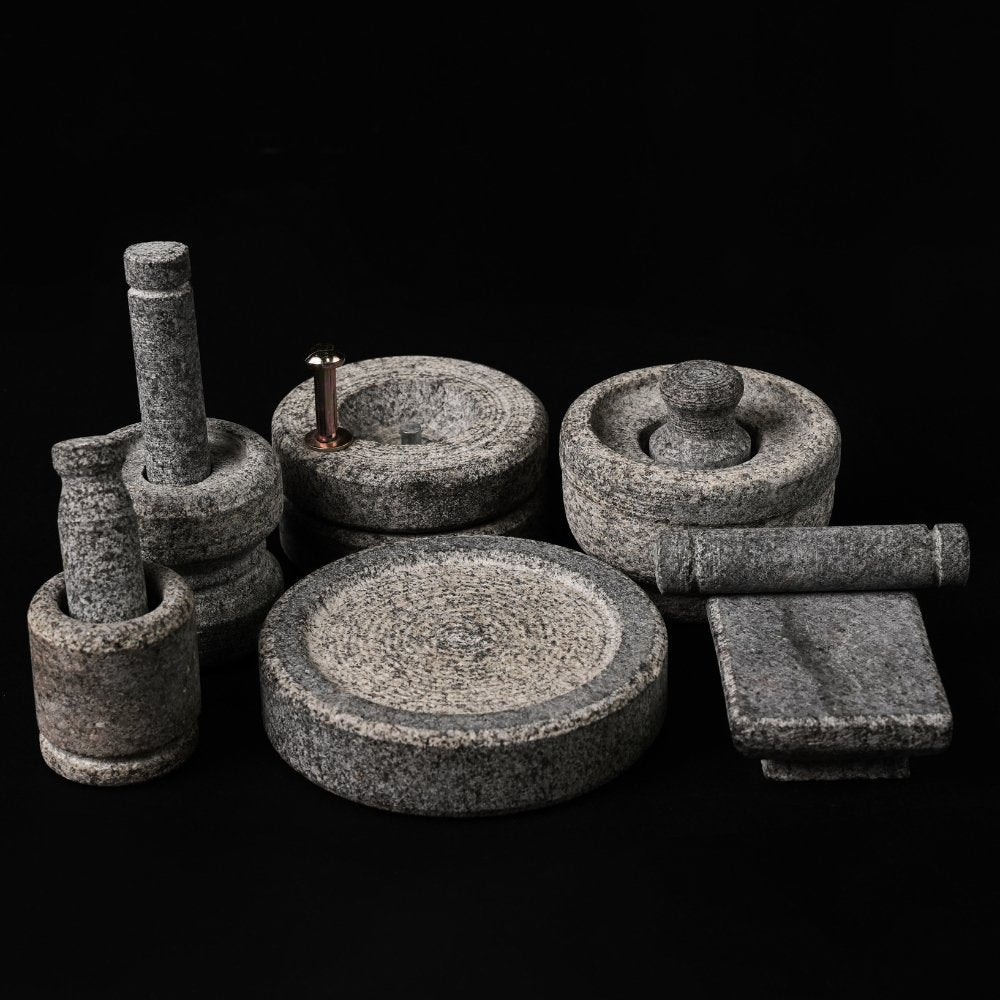

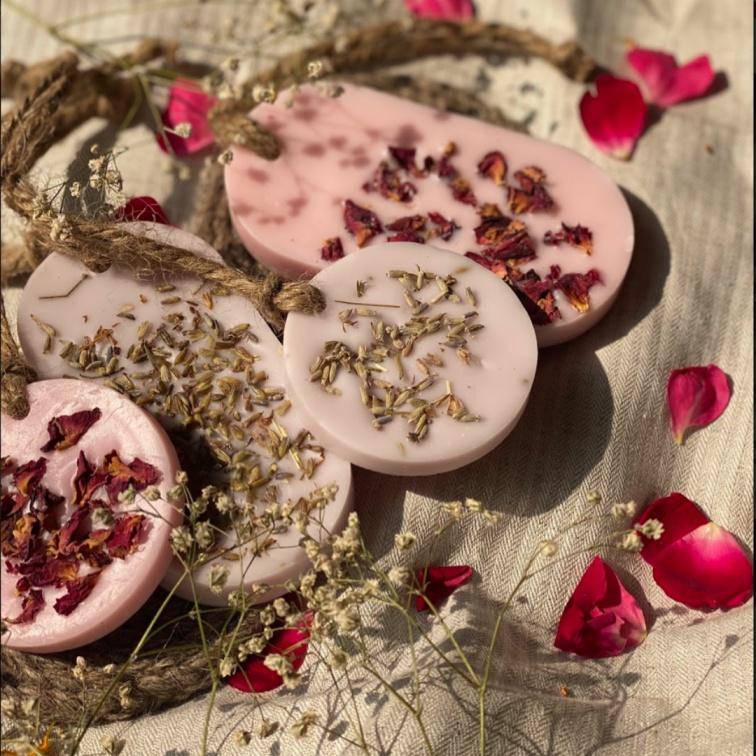
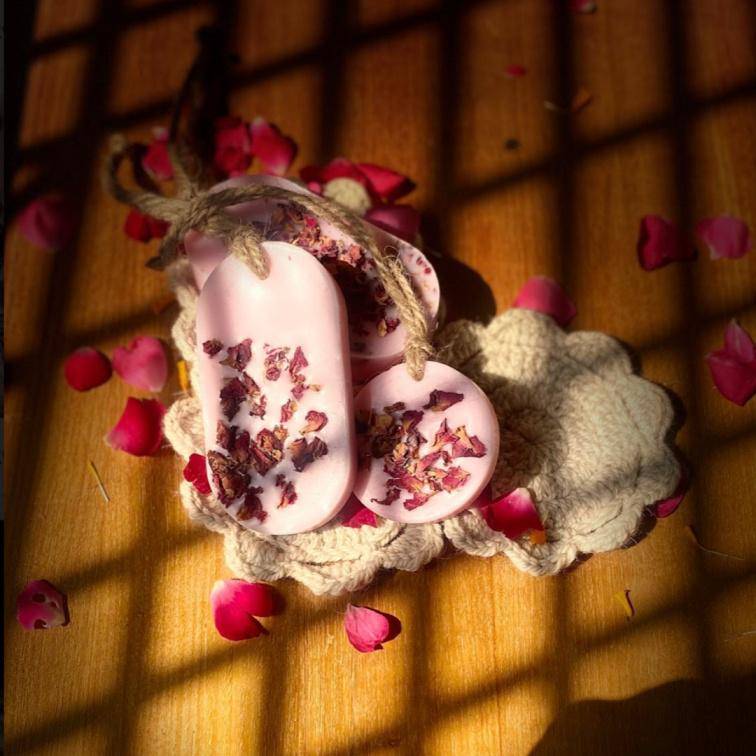
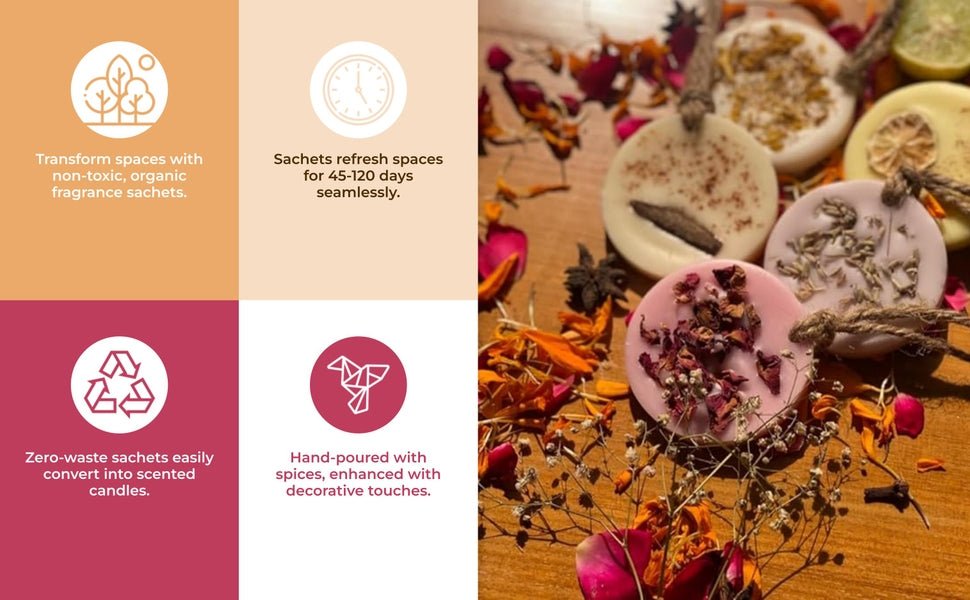
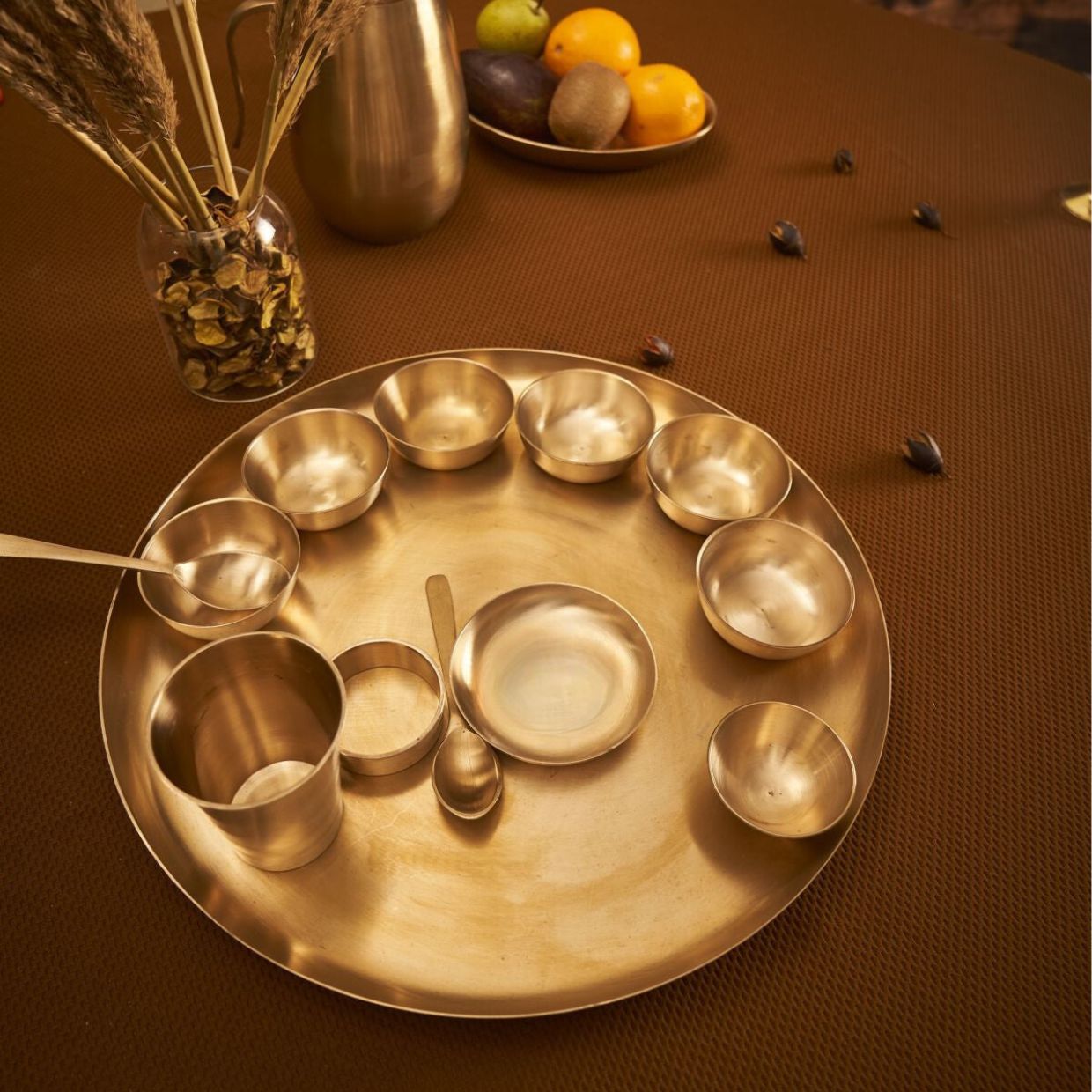
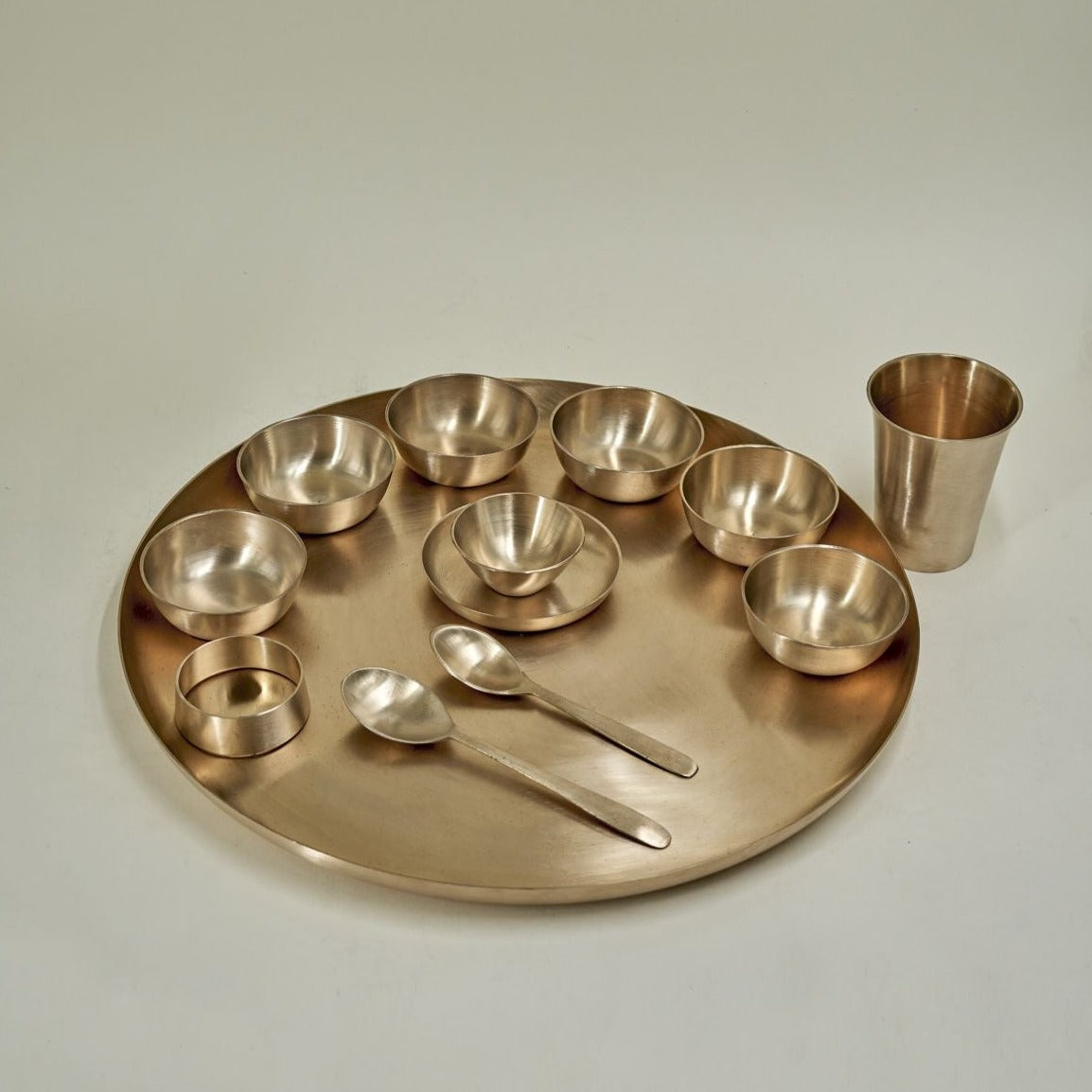
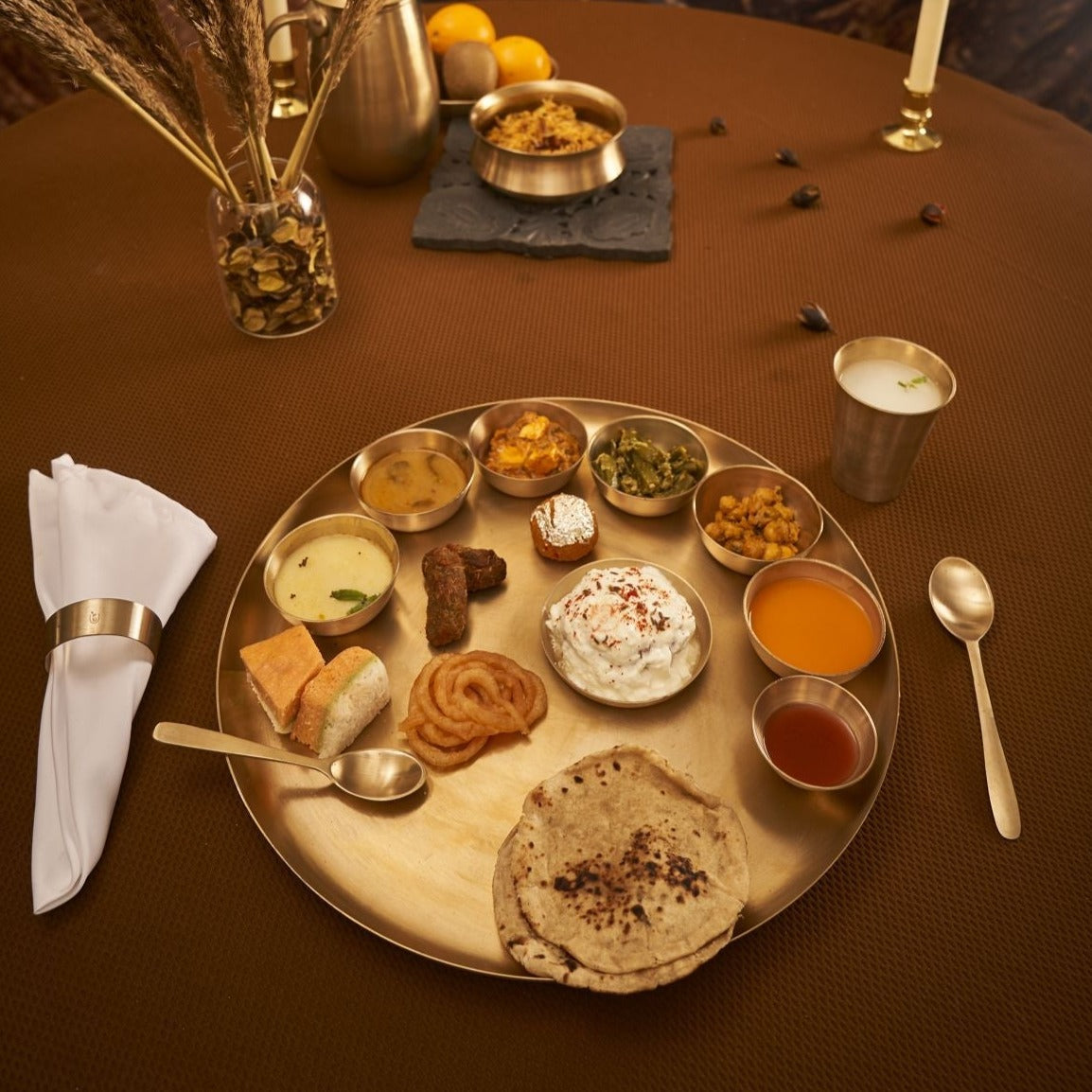
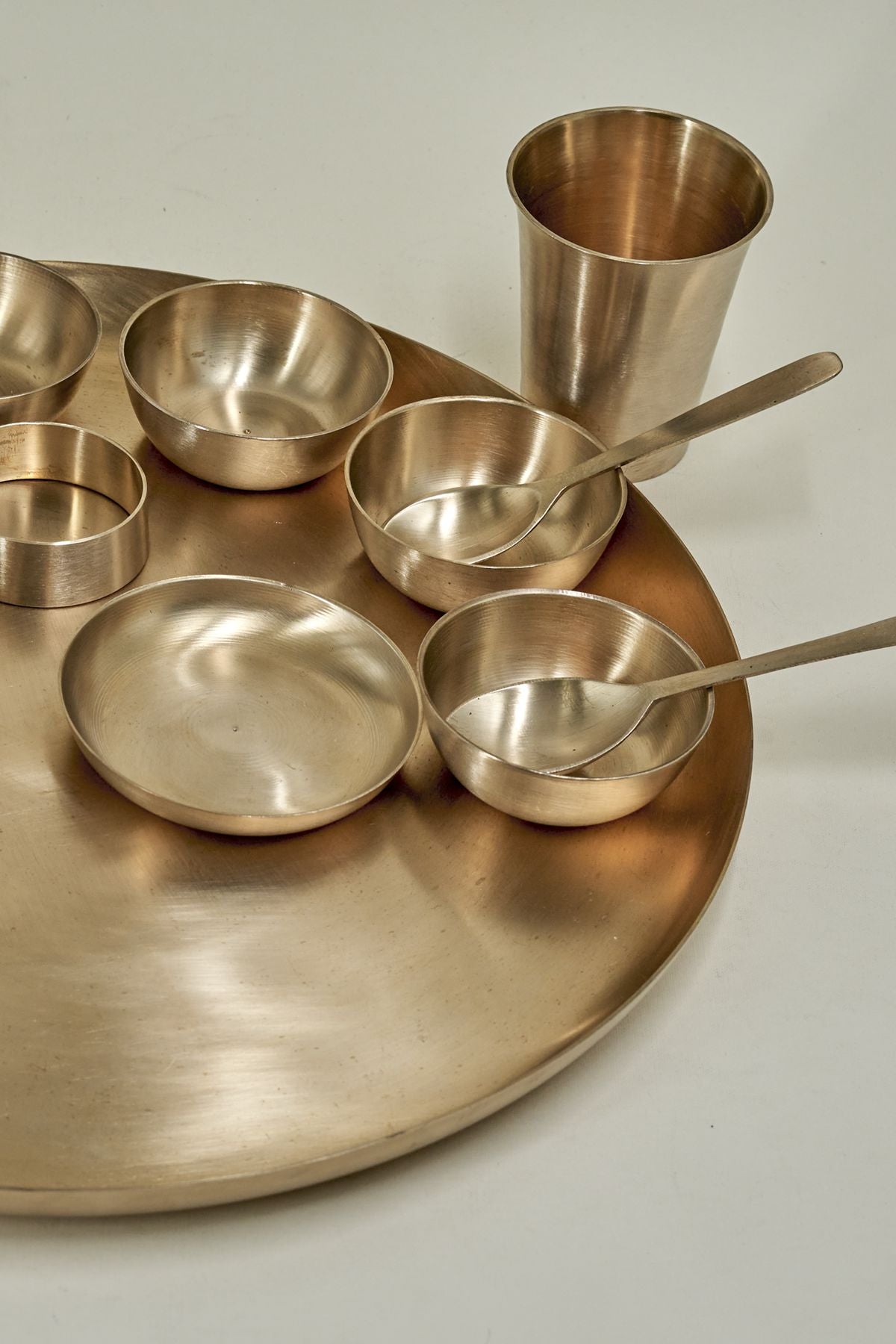
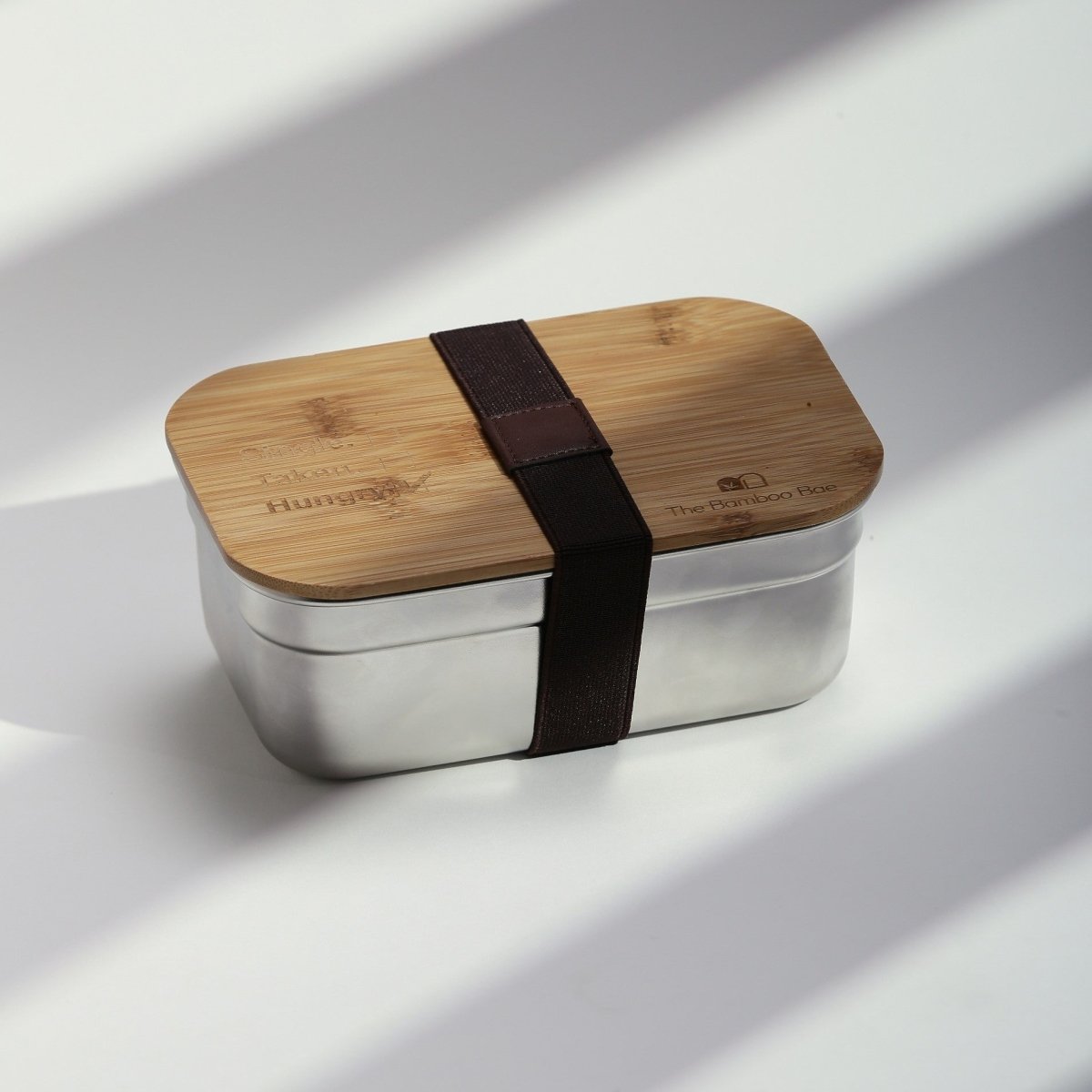


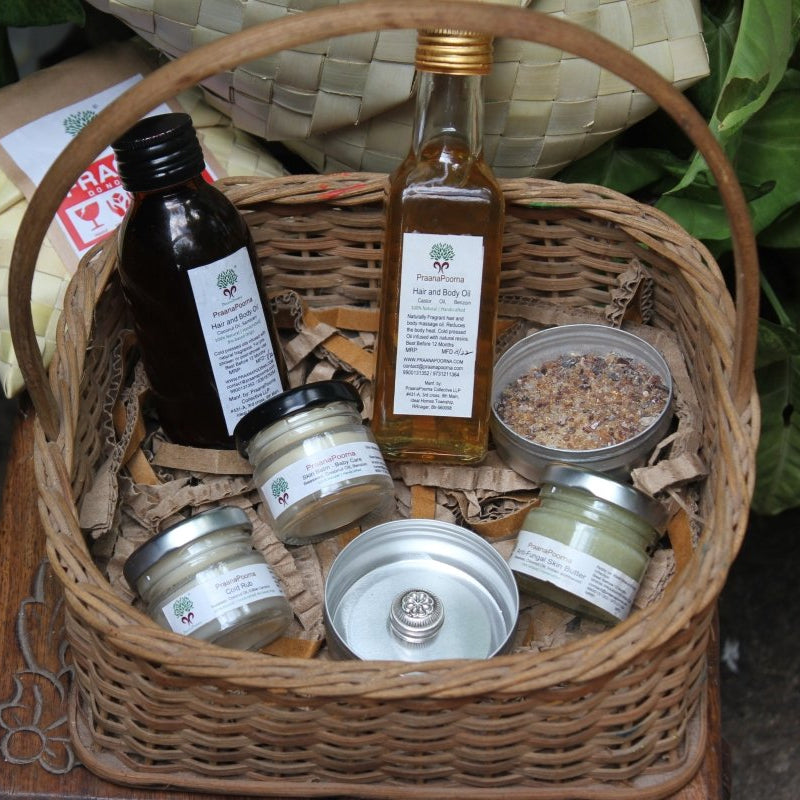
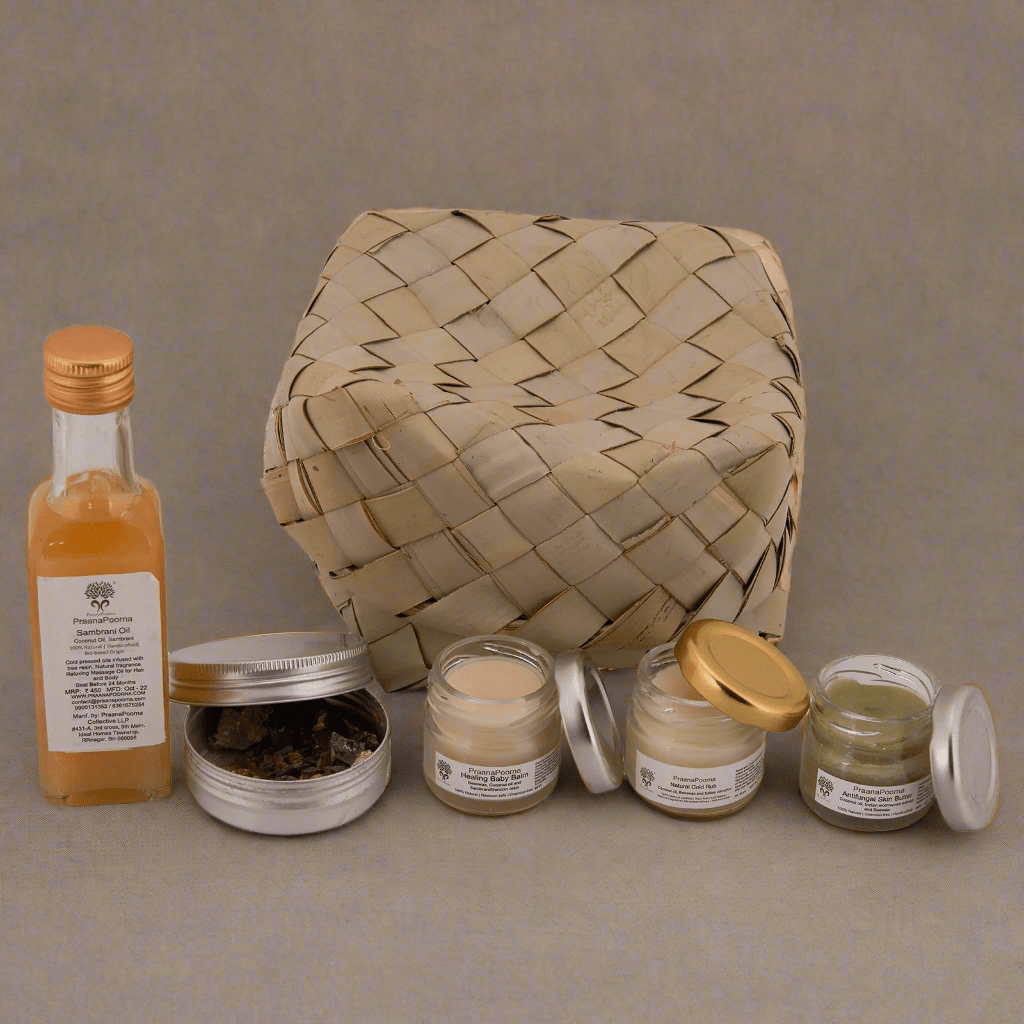
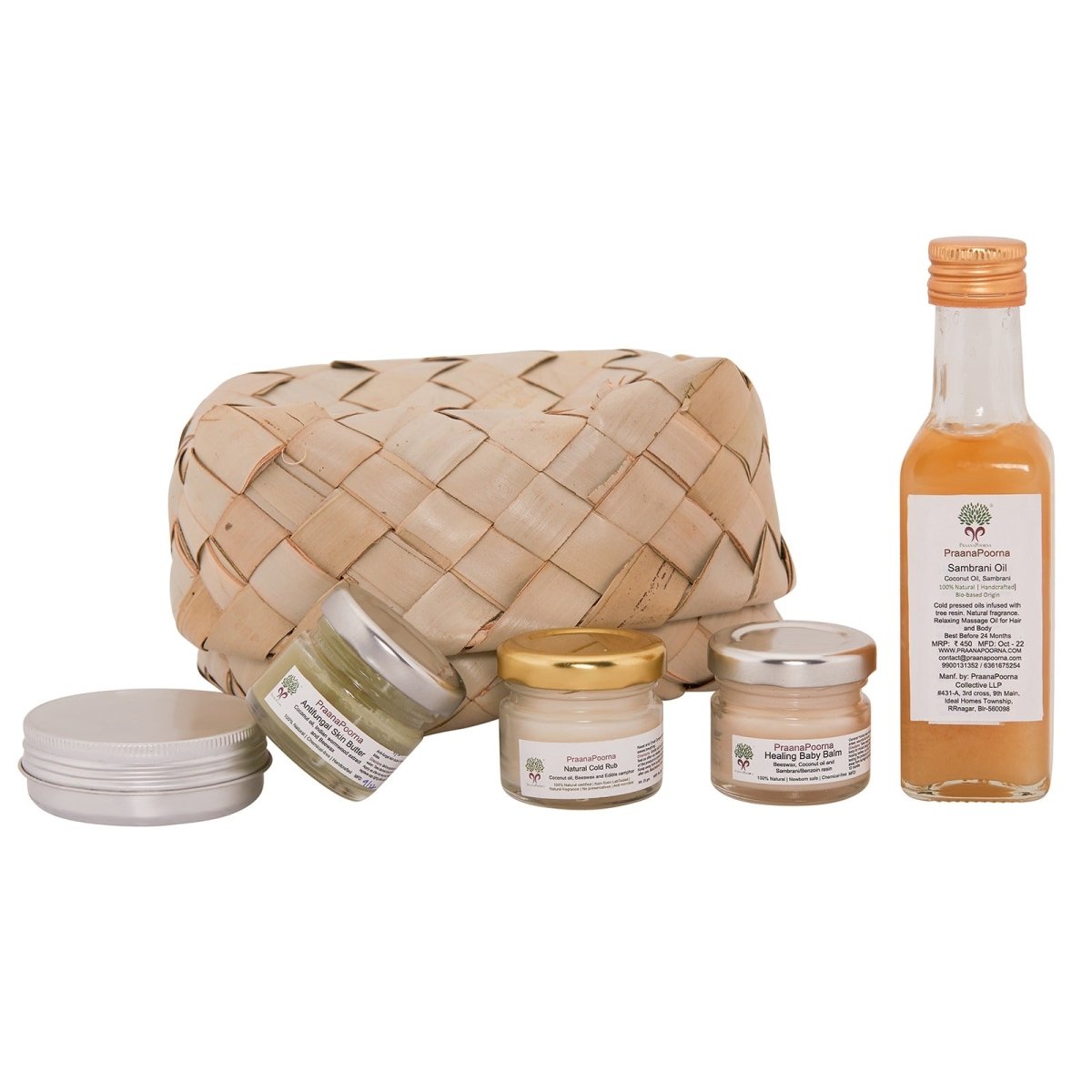
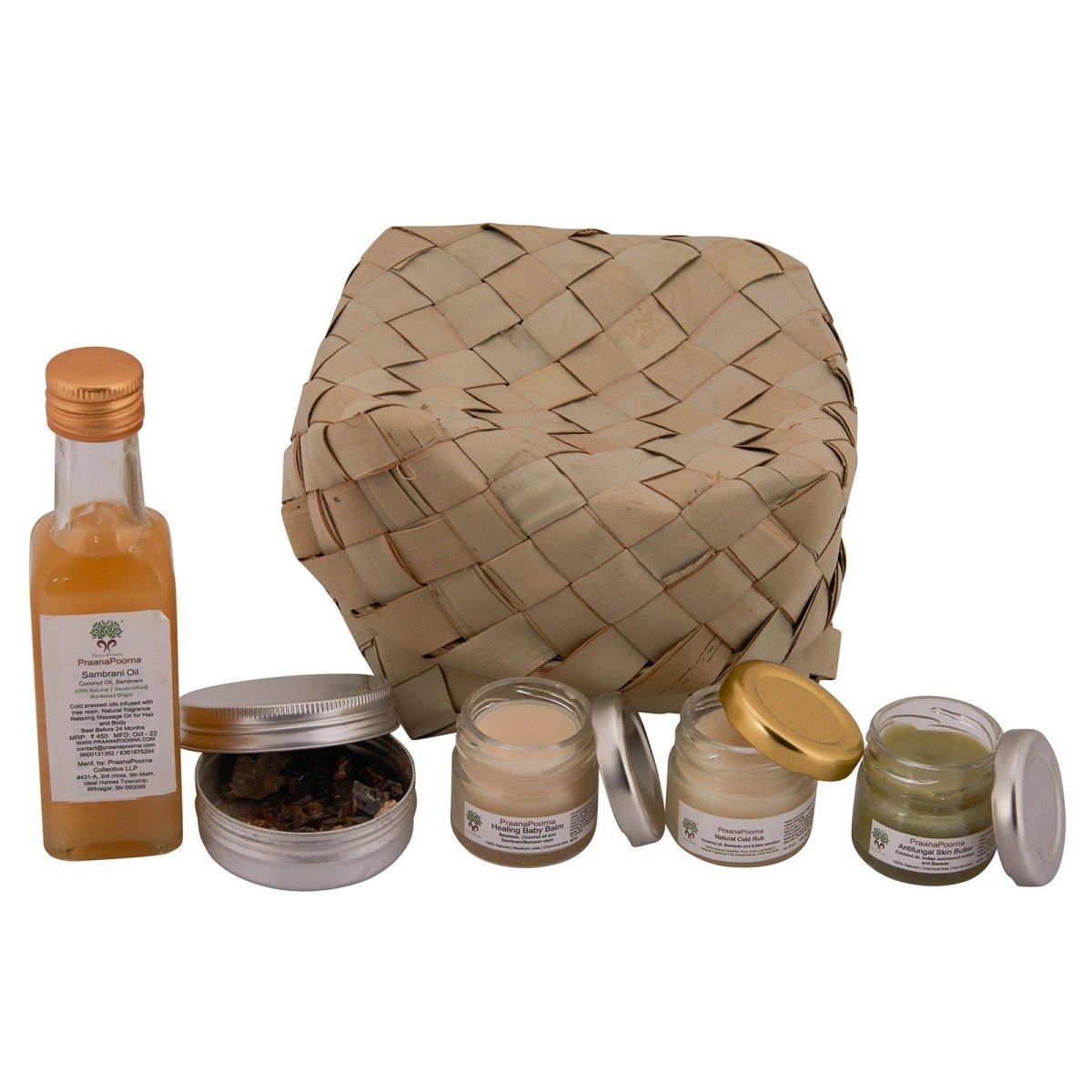
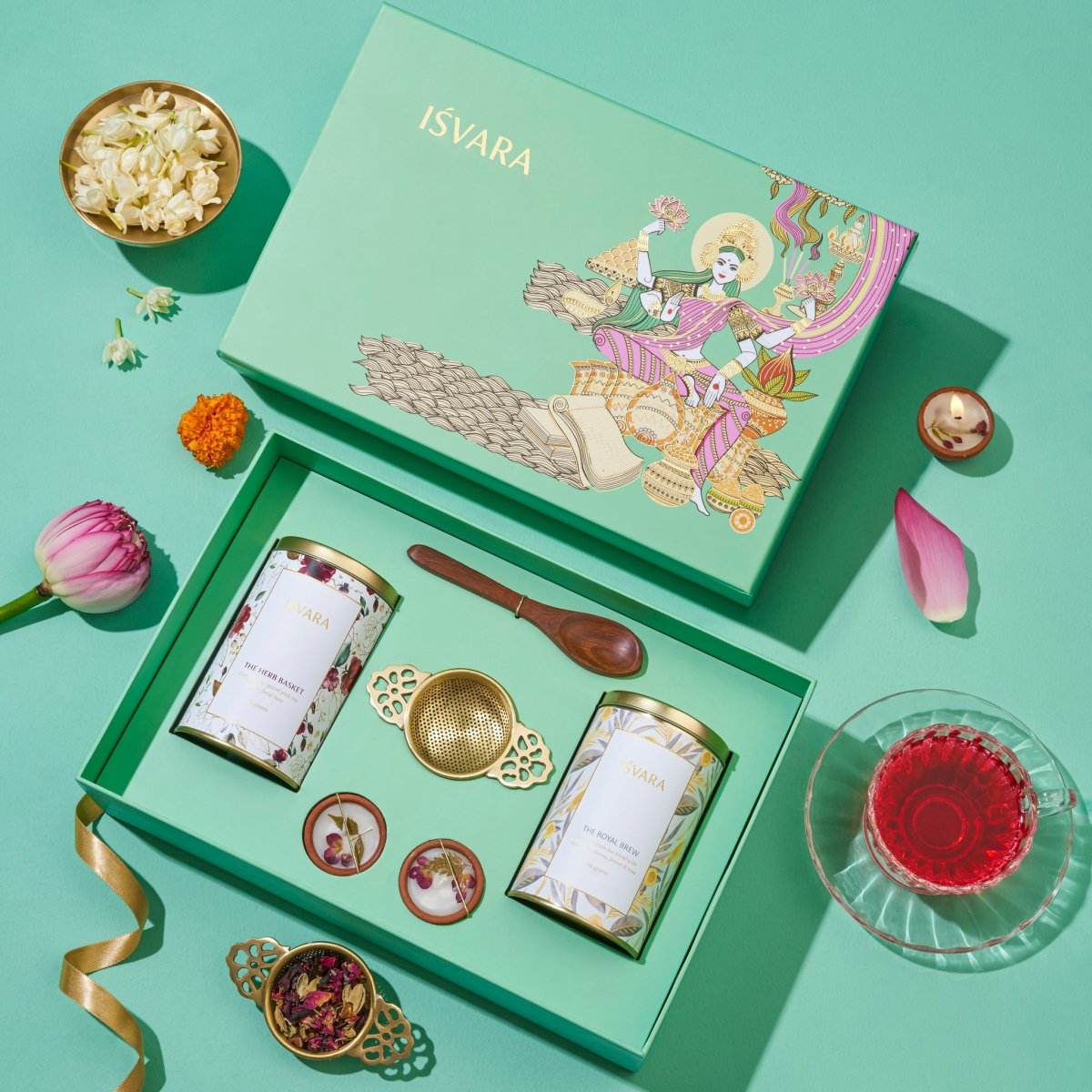
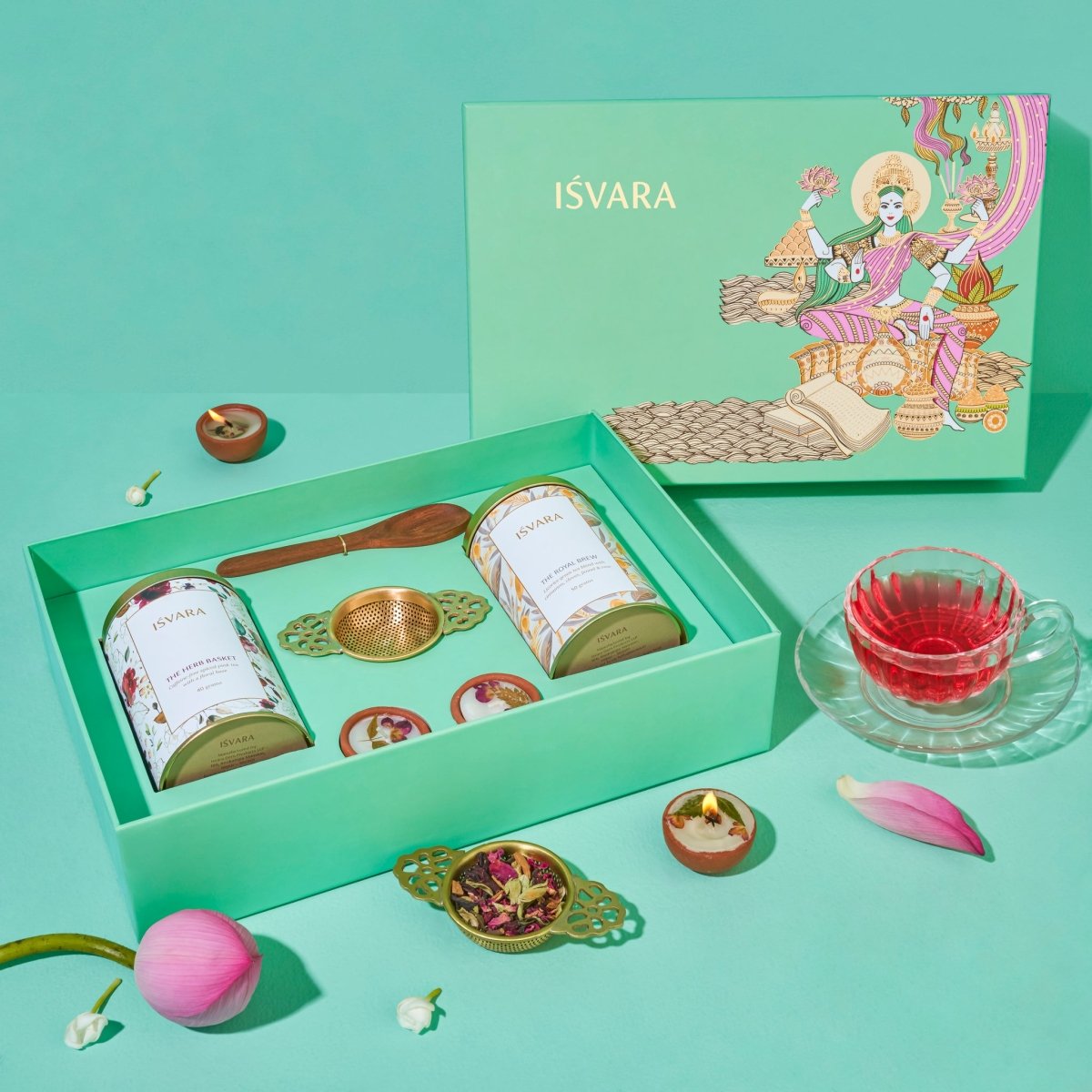
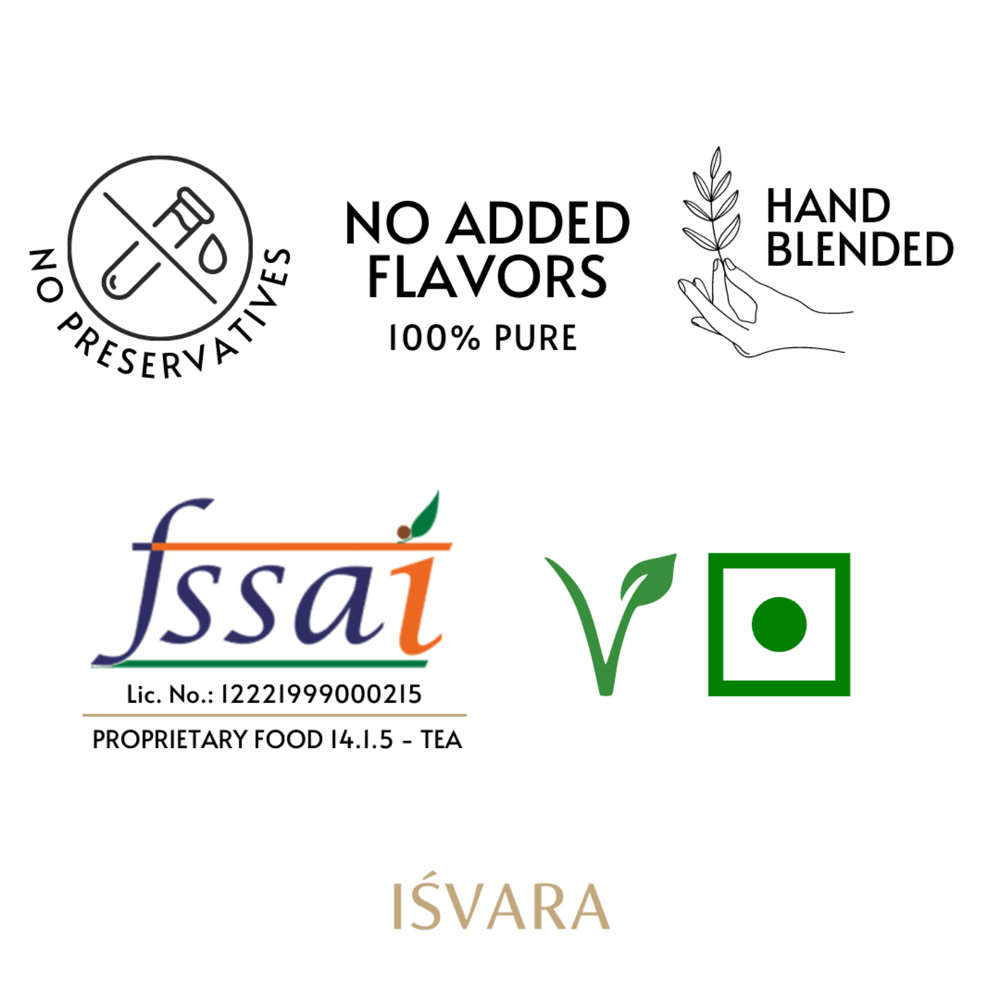
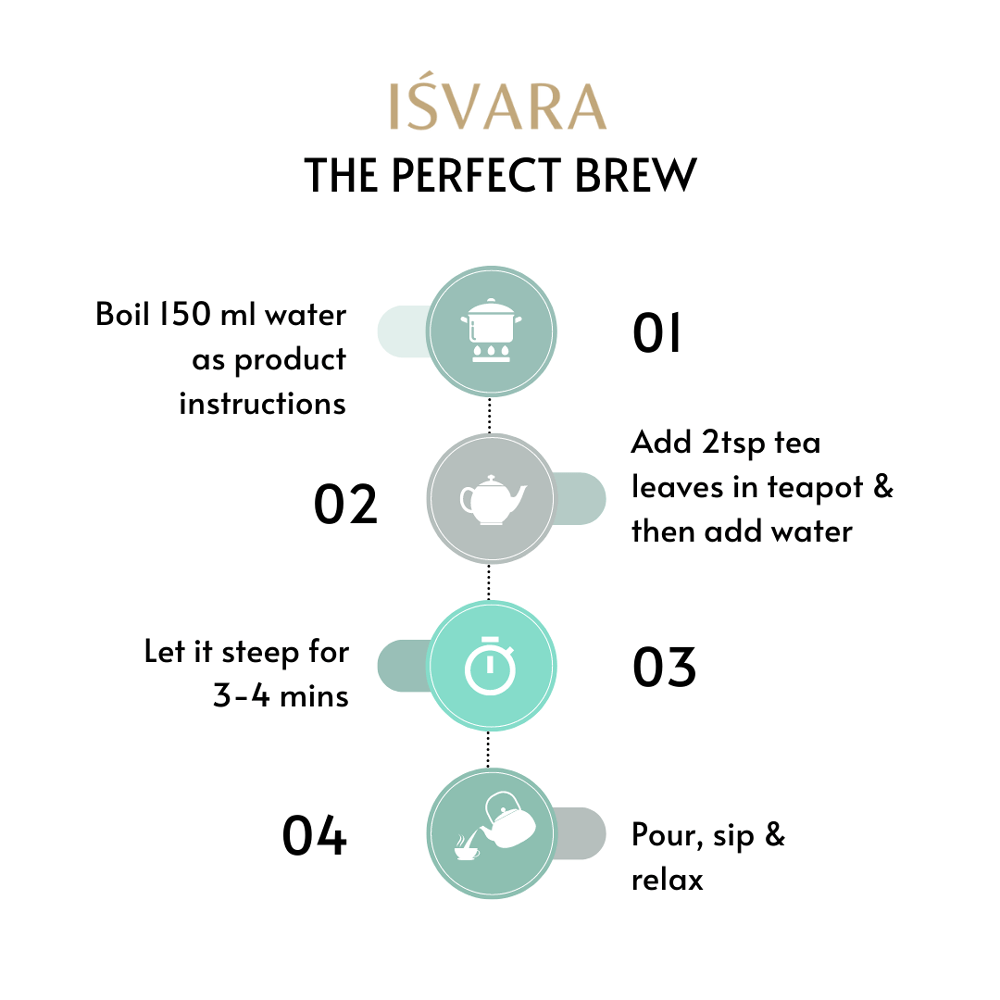
Share:
National Startup Day: Why Supporting Sustainable Startups Matters More Than Ever
National Startup Day Spotlight: How Sustainable Marketplaces Are Supporting Green Innovators